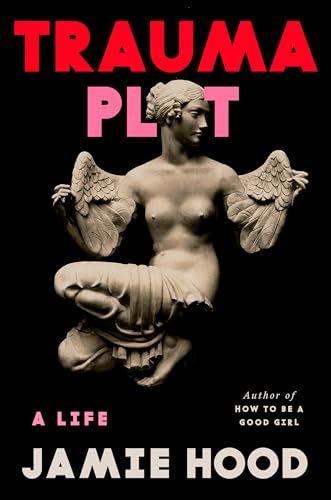What do you think?
Rate this book


314 pages, Kindle Edition
First published March 25, 2025
But why should I make my rape book artful? Why be cowed by this obligation. Shouldn’t trauma be a mess? What if I let it be a performance, a public flaying—is it not better to provoke than appease? I won’t prettify it. And I can’t trust any impulse to aestheticize my violation. It’s an unsettling imperative. It pivots on the belief I might make my rapes beautiful, and then who would I be?